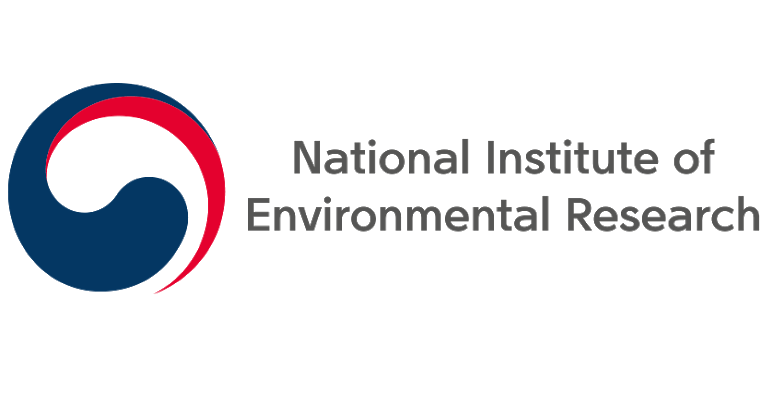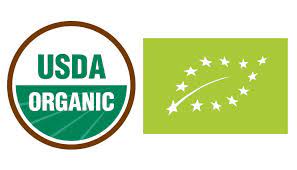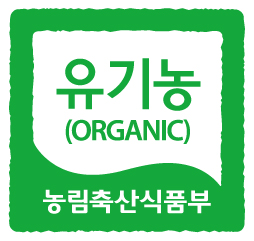Organic Certification & Inspection:
Organic System Plan (OSP): This is the central document of organic certification. The OSP must be completed before the inspection. The inspector will compare your OSP with their observations, interview, and audit of records. An excellent OSP includes all applicable sections and thoroughly answered questions, with all required attachments (labels, parcel maps, land history documentation, sanitizer MSDS sheets, lists of non-organic seeds and planting stock, etc.). Special attention should be given to compliance issues such as buffer crops, use of boiler chemicals, cleaning documentation for processing equipment, identity preservation, and audit trail for mixed operations. An accurate and thorough OSP will help guide the inspector through your operation, clearly delineating how your operation is in compliance with organic standards and what precautions are in place to prevent contamination and commingling.
Quick and Easy Receipt of Organic Certificate
If you intend to to receive very quickly certify your product to the EU or USDA Standards, and use the our organic symbol, please read the following:
Is your supplier: • Outside the Korea or Korea? • In the EU or the EU?
General points
• Do you have a copy of your supplier’s organic certificate that’s in date
and includes the product(s)/ingredient(s) you intend to buy?
• Any company producing, processing, storing, importing or placing products on the market (selling/transferring ownership) must hold an organic certificate in their name.
• If you don’t have a copy of your supplier’s certificate, please request a copy and refer to this guidance. If you’re in any doubt, please contact us before placing an order with them.
Resources and further guidance
To check supplier certificates are valid:• Approved EU certification bodies • Recognised third countries outside the EU • Recognised non-EU certification bodies











